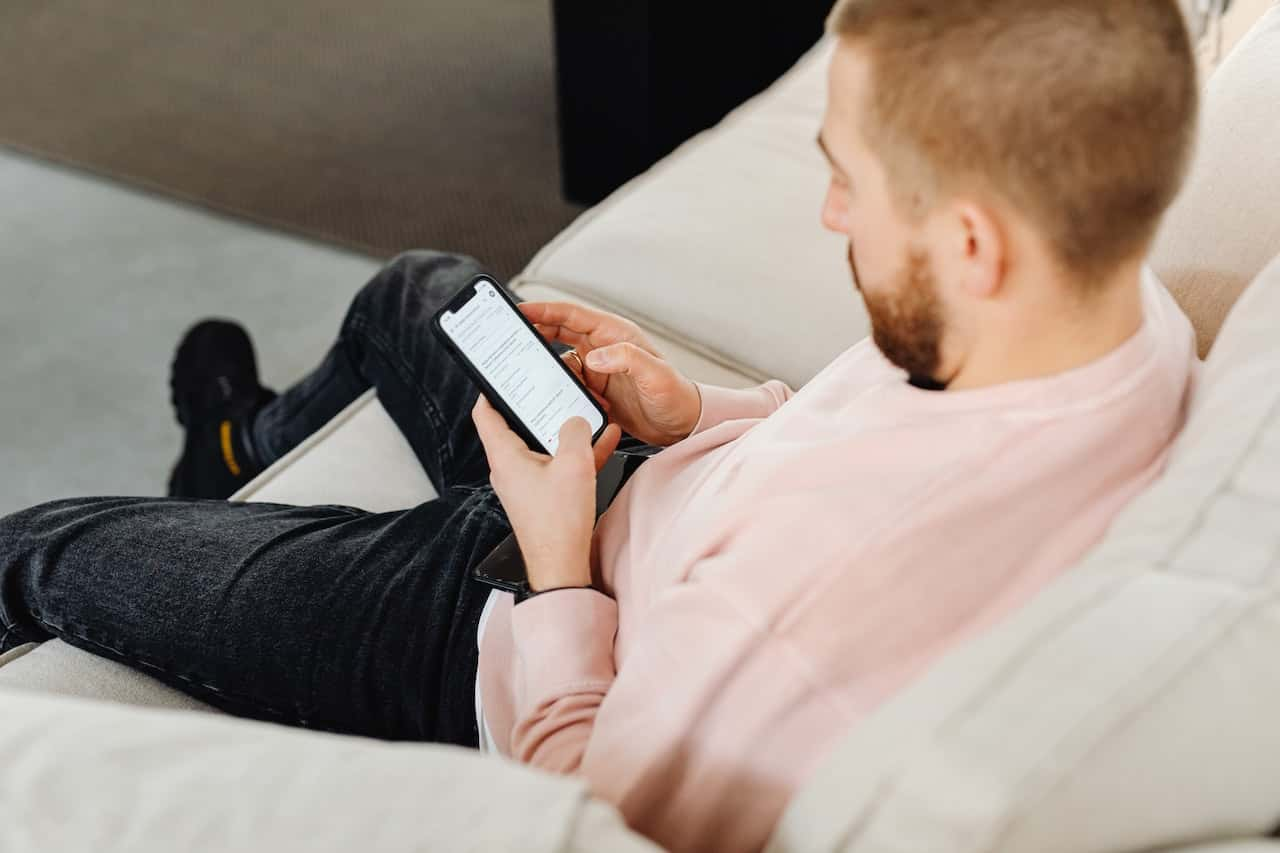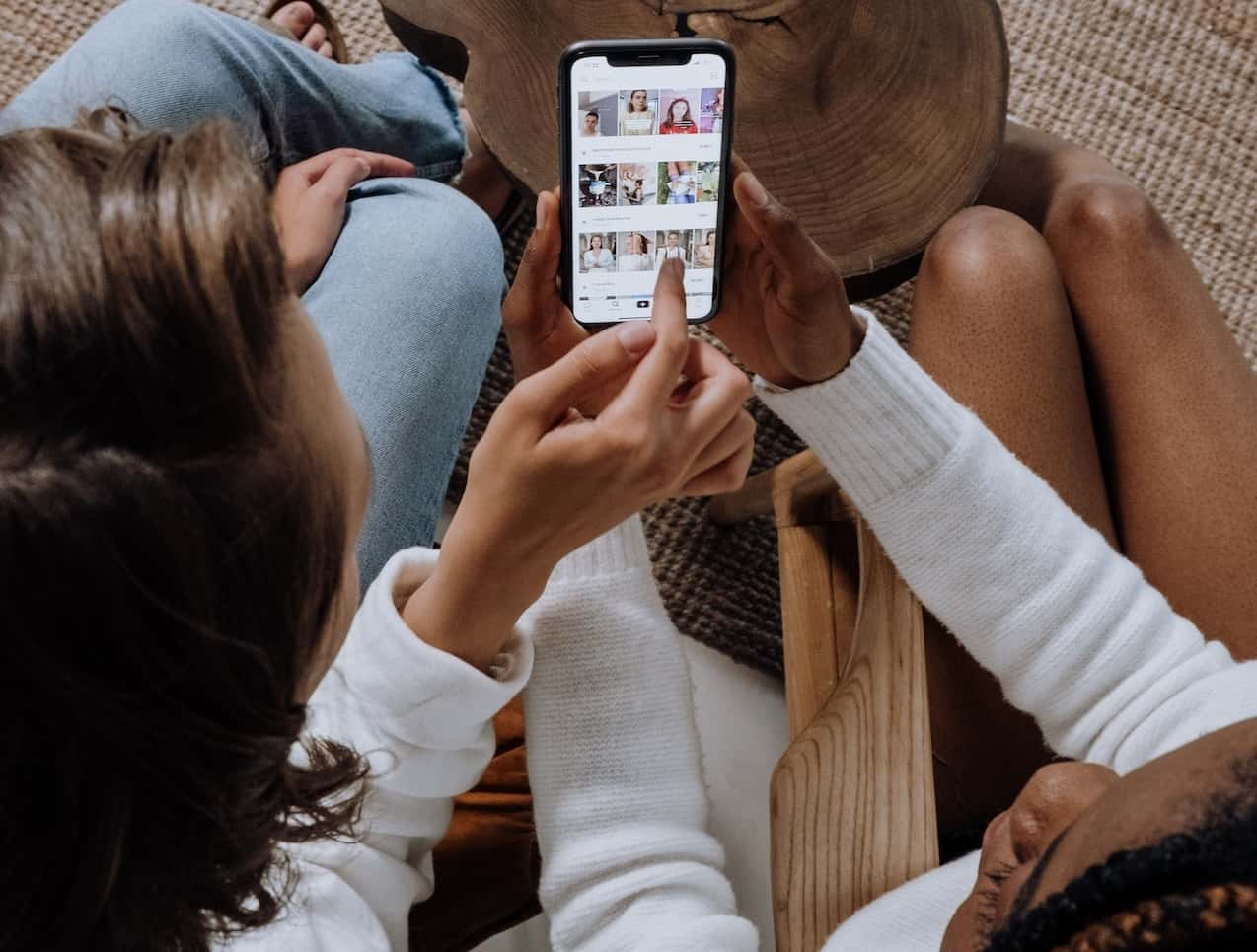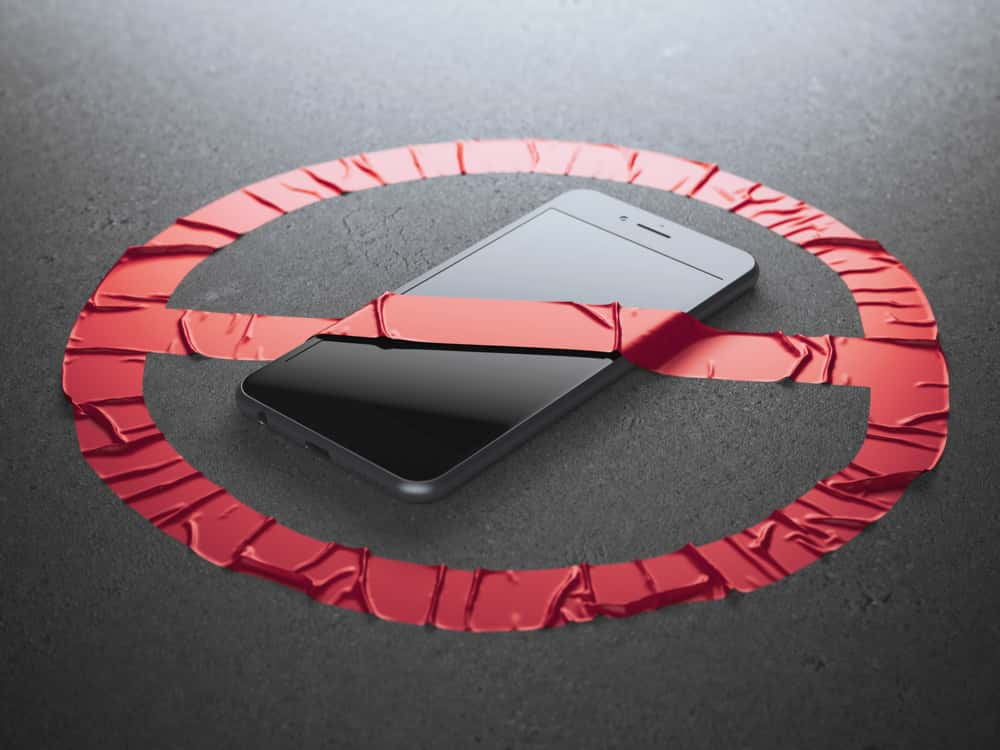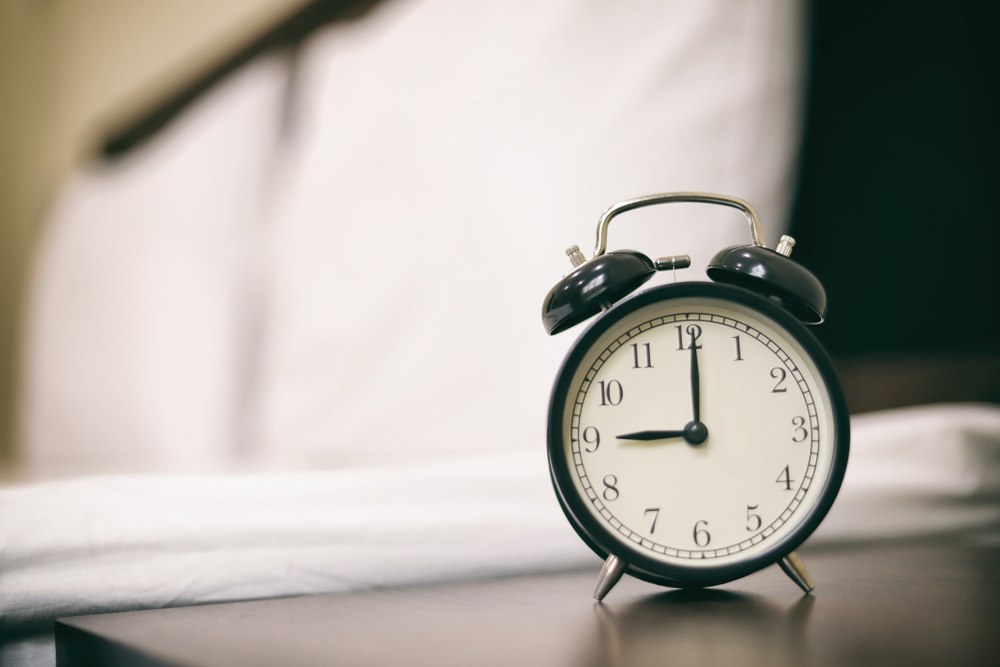Breaking Free from the Screen: Overcoming Cell Phone Addiction
In this digital era, our cell phones have become like extensions of our arms. Sure, they're handy, but ever find yourself mindlessly scrolling through social media or checking notifications every five minutes? That's when it starts to look a lot like addiction.
Cell phone addiction, or 'nomophobia' (the fear of being without your mobile phone), is real and more common than you might think.
But don't worry, we've got some solid tips to help you break free from those digital chains and enjoy a bit more of the real world.
Cell Phone Addiction and Mental Health
Did you know that excessive cell phone use can mess with your mental health? Studies have linked heavy mobile phone usage to increased anxiety, depression, and stress.
It's kind of a vicious cycle: you use your phone to escape stress, but the more you use it, the more stressed you might feel.
The constant need for social validation and fear of missing out (FOMO) can take a toll on your emotional well-being. But the good news? Cutting back can really help improve your mood and overall mental health.
1. Track Your Screen Time
Knowing is half the battle. Tracking your screen time can be eye-opening – you might find you're spending hours on apps you thought you barely used.
Most smartphones offer detailed insights into your usage patterns, including which apps you spend the most time on and during what times of the day. Use this data to set realistic goals for reducing your screen time.
2. Set Time Limits for Apps
After identifying your most-used apps, use the built-in features on your phone to set daily time limits. For instance, if you’re spending too much time on Instagram or Facebook, set a limit of, say, 30 minutes a day.
Once you reach that limit, make a conscious effort to engage in another activity that doesn’t involve your phone.
3. Create Phone-Free Zones
Designate areas in your home where phones are not allowed, like the dining room or bedroom. This not only helps reduce screen time but also improves quality time with family or self.
In the bedroom, this practice can significantly improve your sleep quality, as screen time before bed can disrupt sleep patterns.
4. Turn Off Non-Essential Notifications
Each notification is a lure pulling you back into the digital world. Turn off notifications for apps that you don’t need to be constantly updated on. This reduces the urge to constantly check your phone and helps keep your focus on the task at hand.
5. Establish No-Phone Times
Create phone-free periods during your day. It could be during your morning routine, lunch hour, or family time in the evening.
Use these moments to engage in activities that help you relax and reconnect with the world around you, like reading a book or having an in-depth conversation with a loved one.
6. Use a Real Alarm Clock
Instead of using your phone as an alarm, switch to a traditional alarm clock. This helps resist the temptation to start your day by immediately diving into the endless scroll of social media or emails.
7. Get a Hobby that Doesn't Involve a Screen
Engage in hobbies that don't involve a screen to give your mind a break from digital stimuli. Whether it's crafting, cooking, gardening, or playing a musical instrument, these activities can be incredibly fulfilling and a great way to unwind.
8. Socialize in Real Life
Try to replace some of your digital interactions with face-to-face ones. Organizing a picnic, going for a hike, or even just walking around the block with a friend can be more enriching than texting or social media exchanges.
9. Challenge Yourself with Phone-Free Days
Designate a day each week as a 'phone-free day.' Plan activities that keep you engaged and away from your phone. It might be challenging initially, but it’s a great way to rediscover interests outside of the digital world.
10. Seek Professional Help if Needed
If you find yourself struggling to control your phone usage despite these measures, consider seeking professional help. Addiction in any form can be challenging to overcome alone, and there's no shame in asking for support.
Final Thoughts
Breaking up with your phone addiction isn't easy, but it's totally worth it. You'll likely find you have more time, feel less stressed, and maybe even sleep better. Start small, be consistent, and watch how your real-world connections grow.
By implementing these tips, you can start to break the cycle of cell phone addiction and find a healthier balance in your digital life.
Remember, the goal isn't to eliminate phone use entirely but to create a more mindful and controlled relationship with our digital devices.














